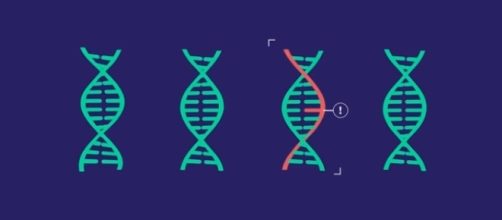Scientists are about to change the world with their latest gene-editing technique called CRISPR or Clustered Regularly Interspaced Short Palindromic Repeats. It’s a new way of precisely cutting out DNA fragments that can potentially cure diseases such as HIV, cancer, heal the blind or even totally eliminate mosquitos that carry the Zika virus.
This technology is very promising but it does have risks involved. However, scientists think that the benefits we can gain from CRISPR far outweigh the downsides it may also bring on the table.
A potential cure for HIV and cancer
With the help of CRISPR, scientists can cut out all the HIV DNA within the human body with high accuracy. Doing so means that the virus can no longer multiply itself if the DNA is no longer present in the body.
The current treatment for HIV involves a patient taking antiretroviral medications to prevent the illness from spreading which can potentially become AIDS.
In 2016, internet billionaire Sean Parker funded a study that involved the use of CRISPR to three different types of cancer by scientists at the University of Pennsylvania. However, the results of that study are still waiting for an approval from the FDA.
CRISPR is reportedly so accurate in editing genes that it could also cut gene-causing cancer cells before causing harm to the human body.
Wipe out an entire generation of mosquitos?
While there are ways of eradicating all mosquitos that can carry the Zika virus, there are consequences that are keeping scientists from doing so.
Humans don’t exactly know the role of mosquitos in the environment, which means simply wiping them out completely, might cause an imbalance and even an ecological disaster.
Heal the blind and cure unborn babies with inherited disease
At the Salk Institute in California, a study was performed to rats using the gene-editing tool where genes that cause blindness were replaced with healthy ones. The results were promising and could one day heal the blind.
In 2016, scientists at Columbia University and the University of Iowa used CRISPR and were successful in curing a man with faulty genes which could lead to blindness.
Meanwhile, scientists were able to prove that CRISPR can produce healthy human embryos. They were successful in cutting out genetically inherited heart mutation in embryos which means CRISPR can potentially wipe out other inherited diseases from babies even before they are born.


